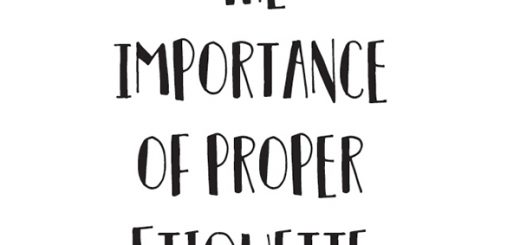Blade takes a stance on the overuse of the word “LOVE”
Editor’s Note: This column is one of a two part Blade exploration of the overuse of “LOVE” and “HATE”. Read Alli Wigham’s column on “HATE”
In today’s society, the word “love” has become all but synonymous with the word “like.”
This mergence has lead to a societal desensification of the word “love.”
Does a person love a particularly good chocolate cake or do they simply like the way it tastes?
When we say that we “love” an inanimate object, it takes away from the meaning of the word when it is used in a more significant manner, for more important reasons.
The connection an individual has with his or her family is one of the strongest bonds known to mankind. By saying, “I love this, I love that,” as often as, “I love my family,” we inherently reduce the meaning of the word “love” to one that has little weight or significance.
The meaning of the word “love” is also diminished when used in the realm of relationships. High school relationships, especially, are guilty of the word’s excessive misuse.
Unfortunately, many high school students break out the “L-word” much too quickly for their own good, and at the risk of disrupting the sanctity of love’s true meaning.
These guilty students tend to express their love for their newfound significant others after being in relationships for incredibly short periods of time. The repetition of this kind of behavior only makes the situation worse, continuously downgrading our perception of what it means to love or to be “in love.”
“Love” should be used to express a feeling that takes time to develop. It should be used for people one truly cares about on a deeper level; deeper than a pleasing encounter with piece of cake or a fleeting relationship.
Only until we start to save the word for situations that truly deserve its presence can “love” reclaim its power.




